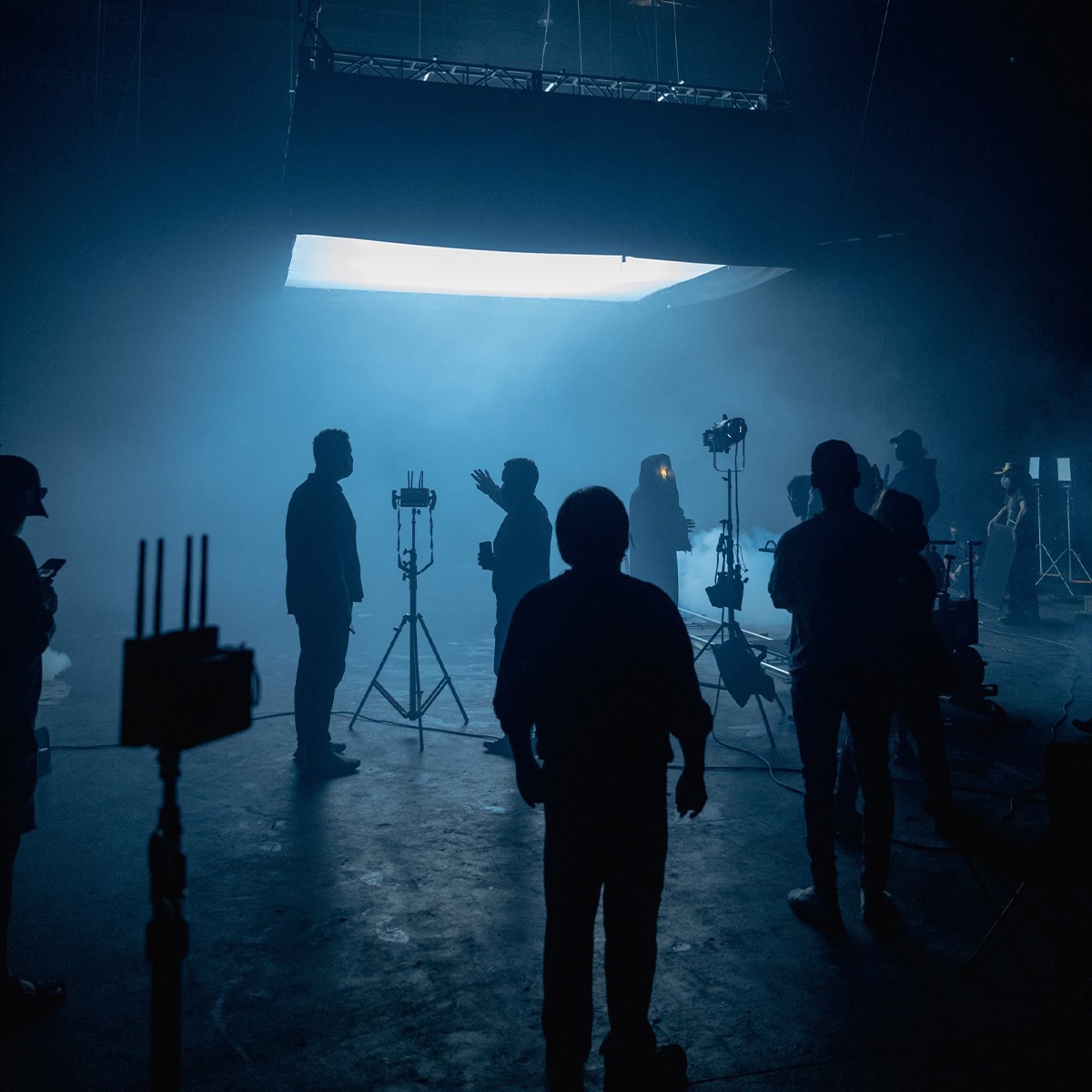Electrical Department
Film Crew Position: Lighting Designer

What does a Lighting Designer do?
A Lighting Designer stands as a pivotal figure within the film industry, charged with the critical task of crafting the visual ambiance and mood of a motion picture through the artful manipulation of light. Working under the broader umbrella of the Electrical Department, a Lighting Designer's expertise is deployed to sculpt scenes with light and shadow, influencing the emotional undercurrents and aesthetic of the film. They collaborate closely with the director, cinematographer, and production designer to ensure that the lighting complements the story and the visual style of the project.
What role does a Lighting Designer play?
The role of a Lighting Designer encompasses a multitude of responsibilities that extend far beyond simply illuminating a set. They must develop a lighting plan that reflects the director's vision, while also considering the practicalities of the shooting location and the technical constraints of the crew and equipment. Lighting Designers are in charge of selecting the appropriate lighting fixtures, placement, and angles, as well as adjusting color filters and intensity to create the desired effect. Additionally, they play a crucial role in establishing the time of day and continuity within scenes, and often oversee the installation and operation of lighting equipment during production.
Do you need to go to college to be a Lighting Designer?
Pursuing a career as a Lighting Designer does not necessarily mandate a college degree, though formal education can be extremely beneficial. Many professionals enter the field with degrees in film, theater, cinematography, or related fields from universities or specialized trade schools. Essential to the position are a deep understanding of lighting techniques and a robust portfolio that demonstrates practical experience. Internships and apprenticeships with lighting or production companies can also provide valuable on-the-job training and industry connections.
What skills do you need to be a Lighting Designer?
An adept Lighting Designer must possess a unique blend of technical proficiency and creative vision. They should have a thorough understanding of the properties of light and how it interacts with different surfaces and materials. Technical skills, such as proficiency with lighting equipment, electrical knowledge, and familiarity with computer-aided design (CAD) software, are essential. Furthermore, a Lighting Designer needs strong communication and collaboration skills to effectively work with the rest of the film crew and a problem-solving mindset to address the challenges that arise on set. Time management and adaptability are also crucial, as film sets are fast-paced and ever-changing environments.
New to filmmaking?
Get Free Template
Use our budget template to get a kick start on your film project. Get access to dozens of templates no matter what type of project!
